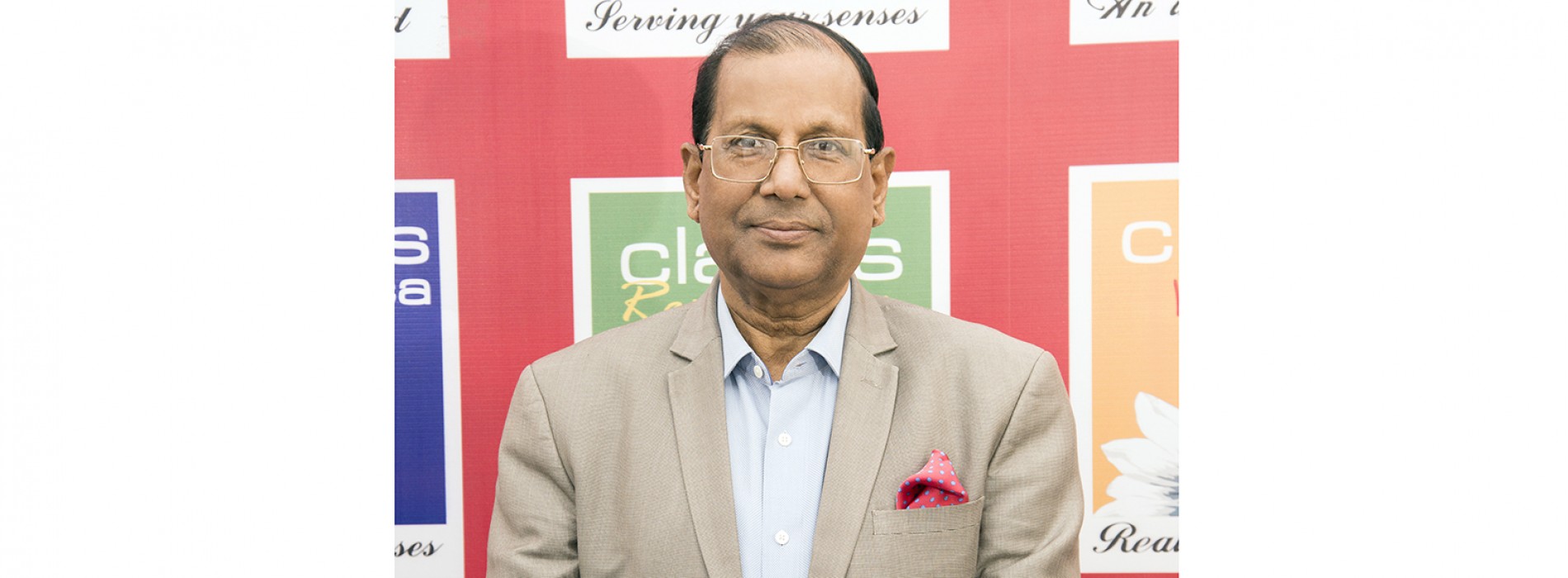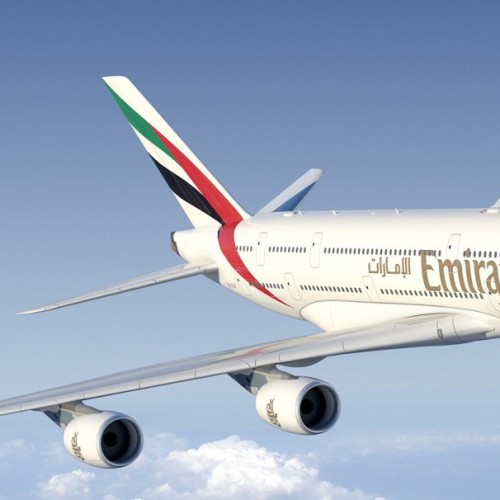Inbound Season: Tourism Industry keeps fingers crossed
India’s Inbound Tourism is going through a challenging phase. As the industry gears up for the new inbound season, it hopes that the recent government measures will help boost inbound arrivals.
The winter in India is traditionally regarded as the peak season for the country’s Inbound tourism. For foreign nationals, the season is the best time to visit the country as the weather in most places is pretty cool and pleasant. With the onset of the winter season, the country’s travel and hospitality industry is all set to welcome the expected seasonal influx of foreign visitors. Some are also betting on the certain recent steps by the government such as a cut in GST rate for hotels and visa liberalization to give a fillip to tourist arrivals in India. But there are challenges, the biggest one probably is the state of the global economy, which is witnessing a slowdown, then is the conundrum of the Brexit affecting businesses from the UK, therefore, not everyone is upbeat about the inbound season.
As the Inbound tourism sets in, TnH spoke to experts and entrepreneurs in the travel and tourism to know their expectations from the season and gauge the impact of the government’s recent steps to promote tourism. At the outset, we spoke to SN Srivastava, President & Co-Founder of Clarks Inn Group of Hotels. Recounting the tourism story of the last decade, Srivastava said, “The last financial crisis over a decade ago had put a stop to the great juggernaut India tourism had witnessed during 2003-2007 period in inbound arrivals. With a state of recession already looming large, I don’t see the inbound season to be much promising.”
Anil Kumar Prasanna, CEO of AxisRooms also shares a similar sentiment. “Things are not quite well at present for inbound tourism, most of the chartered tour companies are not doing well. The collapse of Thomas Cook UK is also affecting our business from the UK. The recent measure to encourage tourists from China and easing visa norms for Chinese travellers is a good counter-strategy but we still need to see how much this measure would boost the inbound arrivals. The addition of the new overseas routes by airlines may help the industry to focus on new markets.”
According to Visha Khosla, General Manager, Novotel Goa Dona Sylvia, the Tourism industry in India has become the latest victim of the global economic slowdown. “The slowdown in India, Brexit in the UK, fears of recessions in Europe and the US have are discouraging people to travel. Flexible and low-priced VISA offered by destinations like Thailand, Sri Lanka and Vietnam and their better infrastructure and hygiene, coupled with economical accommodations give them a competitive edge over India, making our country less attractive,” said Khosla. However, he noted that recent VISA reforms and cut in GST rate are good steps to encourage inbound tourists and will benefit Goa and his hotel in a big way.
A few like Aditi Balbir, Founder and CEO of V Resorts, is optimistic about the new inbound season. According to her, the friendly and liberal visa initiatives by the government will boost demand and foreign tourist arrivals in the new season.
Robust market plan needed
Noting that there is immense potential in the tourism sector for investment, growth and employment generation, Srivastava emphasized that there is a need for a stronger enabling environment that will help propel this sector. “We have definitely witnessed an uptick in the sector. However, a lot more can be achieved, from growing the overall travel and hospitality market. Whether domestic or inbound, I think we still have some way to go in areas like taxation, brand and image management, and aggressive destination marketing, among others,” stated the Co-founder of Clarks Inn Group, adding further, “What we need is a robust market development plan for not just the newer source markets but also for our key existing inbound markets because even in these markets, we are only scratching the surface. Our numbers from countries like Russia, Canada, Germany, Japan, Malaysia etc. can be grown considerably, even more from China that has emerged as the world’s biggest tourism source market with around 150 million overseas travellers but contributes just about 250,000 visitors to India’s FTAs!”
The GST cut
Besides cuts in corporate tax, the GST Council recently provided reliefs to some segments of hotels by slashing the GST rate, which has been welcomed by the industry. Commenting on these measures, Srivastava said, “We do appreciate the government’s decision to reduce the GST tax slab for over Rs 7500/- tariff from 28% to 18%. This is a step in the right direction. But it needs to be in the lowest slab if the government’s objective is to grow tourism.” He termed the reduction in corporate tax as significant, timely and a step in the right direction. “It is doing a world of good to the corporates and their spending sentiments. Now they have extra cash and do not need to be austere,” Srivastava added.
Anil Kumar Prasanna of AxisRooms is of the view that the GST relief has come a bit late but added that this will have some uptake on the hotel occupancy. Welcoming the cut in the GST rate for hotels, Aditi Balbir said, “This step will boost tourism. Companies like ours will pass on a percentage of the benefit to the travel partners and the rest can be utilized to improve the guest experience.” Visha Khosla also welcomed the announcement of the GST cut, saying, “It has come at an opportune time and will definitely boost tourism. Hotels are already seeing better traction and I am optimistic that this trend will continue.”
“What we need is a robust market development plan for not just the newer source markets but also for our key existing inbound markets because even in these markets, we are only scratching the surface. Our numbers from countries like Russia, Canada, Germany, Japan, Malaysia etc. can be grown considerably, even more from China that has emerged as the world’s biggest tourism source market with around 150 million overseas travellers but contributes just about 250,000 visitors to India’s FTAs!”
-SN Srivastava, President & Co-Founder of Clarks Inn Group of Hotels
You might also like
Emirates marks 15 years of flights to Auckland
Airline has carried over 2m passengers between Dubai and Auckland since launch. Emirates Airline is marking 15 years of operations to Auckland, New Zealand, having launched the route in 2003
Amadeus encourages industry to make accessible travel a reality for all
A new study outlines how greater personalisation, universal standards in the provision of services, more effective communication and increased collaboration between public and private sectors can drive a more accessible
Singapore Tourism Board & Singapore Airlines launch “3 Celebrations, 1 City – Singapore” Campaign
~Promotional campaign that spans 3 important festivals – Deepavali, Christmas & Chinese New Year ~Gives tourists access to ‘Singapore 241 Passport’ app that features discounts and offers ~Singapore mentioned the







